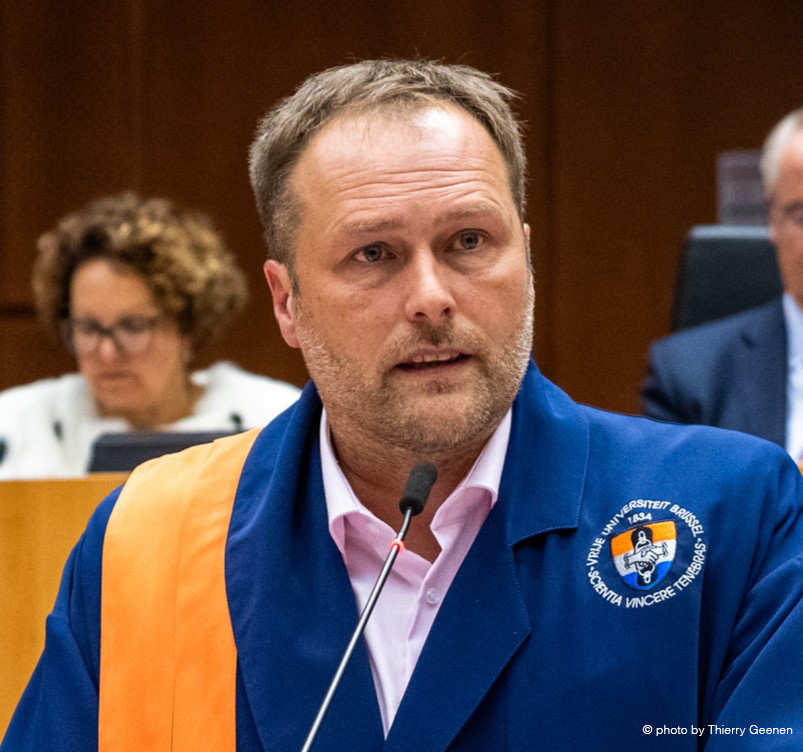You are here :
- EUTOPIA website
- Home
- About us
- Information
- Members
Understanding EUTOPIA Urban Education with Joost Vaesen

Joost Vaesen is an assistant professor at the Vrije Universiteit Brussel and the lead of the EUTOPIA Learning Community on Urban Education. The content of this article is extracted from his presentation at the 2023/24 EUTOPIA Academic Opening in the European Parliament.
What is the main goal of the EUTOPIA Learning Community on Urban Education?
The primary aim of the Learning Community is to create great schools for all, especiallyin urban settings where challenges such as poverty and ethnocultural diversity are prevalent. Urban education focuses on the interaction between schools and the urban environment, recognizing that the living conditions of students and their families significantly influence educational outcomes. This connection is often underexposed but is crucial for the success of urban schools.
What unique challenges do schools in urban areas face, and how does this learning community address them?
Urban schools, particularly those in dense metropolitan areas like Brussels, face challenges such as highly diverse student populations and limited resources. The learning community seeks to shift the focus beyond the classroom to the wider urban fabric, acknowledging how the environment impacts education. By pooling expertise from different disciplines and institutions, the community aims to develop innovative solutions to these complex challenges.
Could you elaborate on the three-stage roadmap of the learning community?
The roadmap for the Learning Community is structured in three stages. The first is sharing existing expertise. The second, where we currently stand, is co-creating new materials. The third is creating a blended EUTOPIA course. We started by building a shared academic framework through the development of a glossary of key concepts. In the present stage, we are co-creating new pilot learning activities with students and societal actors, such as interactive city walks and the school-in-the-city scan, which helps students gain a deeper understanding of the urban context through thematic photographic essays.
How does the Learning Community engage with societal actors, and how does this impact students?
The learning community collaborates with staff, students, schools, and civil society actors, bridging the gap between theory and practice. This approach helps students engage with real-world urban challenges through hands-on activities and immersive experiences, including participation in local activities like boxing, an activity that vulnerable youngsters in Brussels sometimes venture into. These interactions help students gain a deeper appreciation for the complexities of urban education and foster new ways of thinking about inclusive education.


